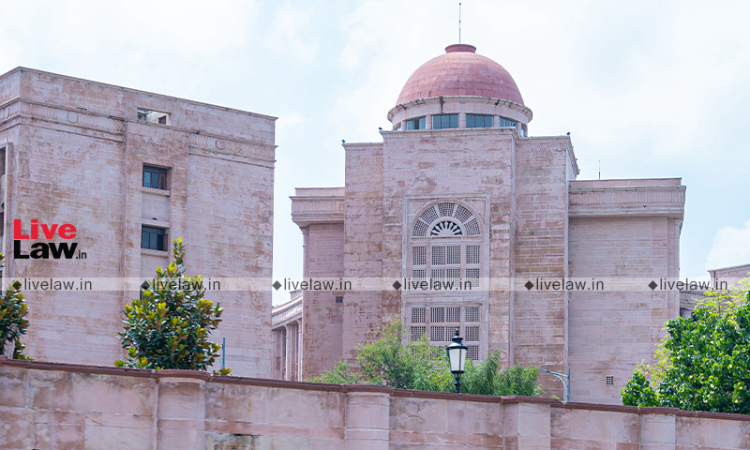The Allahabad High Court recently observed that if the Court is not in agreement with the protest application, then the just and proper action could be to read the protest petition as a complaint by the Court.The Bench of Justice Vikas Kunvar Srivastav observed thus while hearing a plea moved under Article 227 of the Constitution of India against a 2006 order passed by the Additional...

